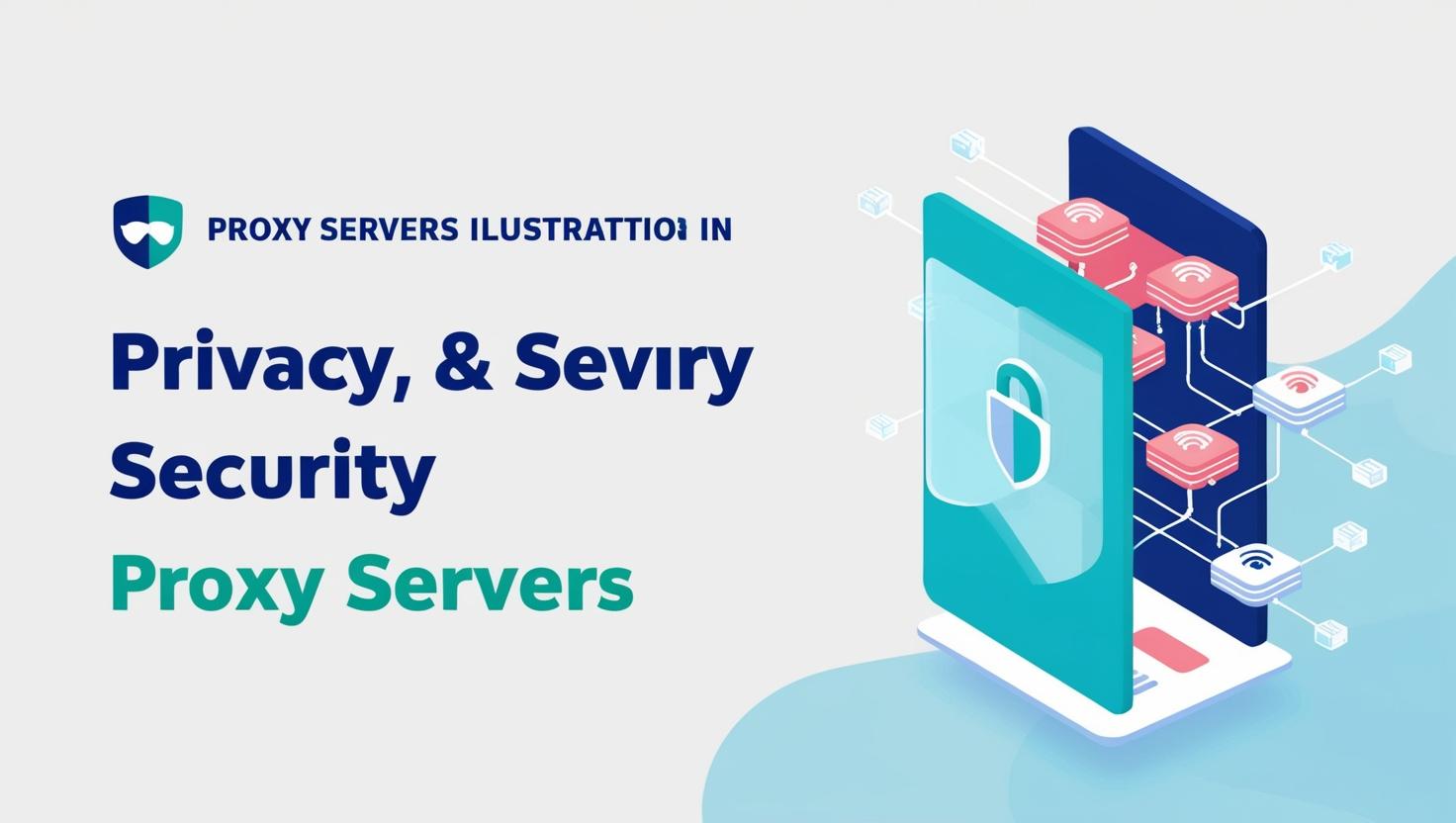In this connected world, the concern for online privacy and security is at its extreme level. As more workload, entertainment, and communication rely on digital devices, online actions tend to fall more easily into the crosshairs of observation, data breaches, and cyberattacks. But fortunately, a reinforcement can be achieved by incorporating proxy servers into your setup. In this article, we discuss the use of proxy servers with respect to privacy and security in a broad way. What is meant by the term ‘proxy server’?
Types of Proxy Servers
You need to understand the types of proxy servers that are up for grabs so that you make the right choice. They include:
HTTP Proxies
For web traffic.
Good in applications intended for accessing geo-restricted content or filtering web traffic.
HTTPS Proxies
Just a secured version of HTTP proxies.
Encrypts your data, offering better security for sensitive activities.
SOCKS Proxies
Working at a lower level than HTTP.
It supports more types of traffic, including email and torrenting.
Transparent Proxies
Deployed without the knowledge of users and mainly by organisations.
Doesn’t mask your IP address but can monitor or block traffic.
Anonymous Proxies
Mask your IP address from the destination server.
Provide a reasonable level of protection for privacy.
Elite Proxies
Provides maximum anonymity.
Completely masks proxy server usage from third parties.
Benefits of Using Proxy Servers
All major advantages of proxy servers, while discussing its role in providing privacy and security, are as follows:
Anonymity
These proxies mask your IP address, making it either impossible or, at the very least, significantly harder for websites and advertisers to track one’s every step online.
Higher Security
Forcing your web traffic through a proxy creates another layer of security against many kinds of threats hanging out on the web.
Circumvention of Geo-restriction
One definite way to unblock content and services restricted to specific regions is routing through a proxy server in any desired area.
Bandwidth Savings
Some proxies cache frequently accessed data; therefore, less data would have to be fetched, which increases load time.
Control and Monitoring
Organizations can use proxies to monitor employee internet usage and the implementation of policies on browsing.
Improved Performance
Proxies block advertisements or irrelevant information, thus providing a faster experience while browsing the internet.
Risks and Limitations of Proxy Servers
Not withstanding the impressive advantages of proxy servers, here are the disadvantages:
Limited Encryption
Encryption does not apply in all proxies; therefore, information may easily be intercepted.
Reliability Issues
Poorly managed free proxies sometimes face slowness and downtimes.
Data Logging
Many of the proxy providers log the data of their users, so a leak in your privacy may occur.
Compatibility Issues
Some sites and services will ban traffic from known proxy servers.
How to Choose a Proxy Server
In order to get the most benefits and avoid risks, while choosing a proxy server, consider the following:
Purpose
Determine your main goal: to be anonymous, to unblock, or to accelerate.
Reputation
Choose reputable providers with good reviews and transparent policies.
Encryption
Ensure the proxy server offers encryption if you’ll be handling sensitive data.
Performance Testing
Have your proxy server tested regularly by running speed and stability analysis of it.
Coclusion
More than ever, proxy servers are important in improving online privacy and security. Functionality, types, benefits, and risks will be important in making that choice of inclusion in your digital life. Be it anonymous browsing, restricted content, or adding an extra layer of security, a well-chosen proxy server will do the magic.
